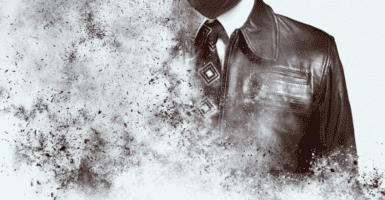AI Is Ruining Classic Movies And Isn’t Stopping
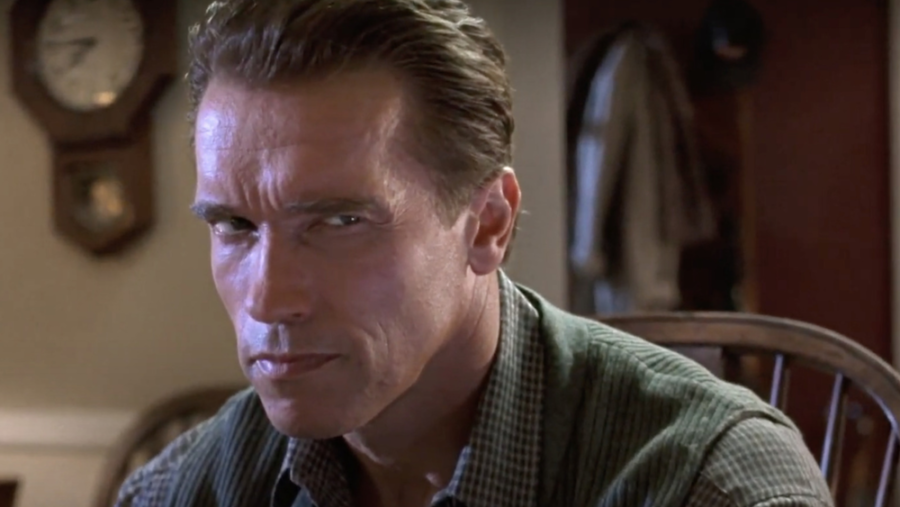
Artificial intelligence has been a major issue in the creative arts in recent years, with the use of generative AI serving as a key sticking point in the WGA and SAG-AFTRA strikes of last year. Now, AI is reportedly being used to digitally enhance classic movies, such as James Cameron’s True Lies and The Abyss, much to the chagrin of audiences everywhere. These films, along with several others, were picked up by Peter Jackson’s Park Road Post Production for recent Ultra HD Blu-ray remastering, leading to their current digitally enhanced state.
AI Can Be Used For Good
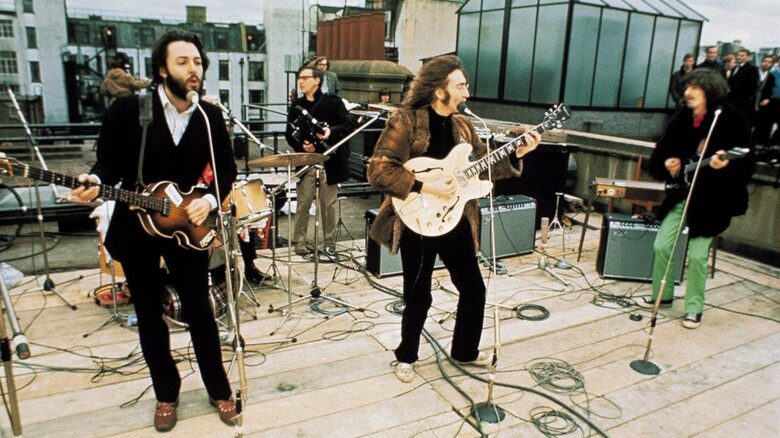
When Peter Jackson launched Park Road Post Production, the company utilized a wide array of proprietary AI technology to digitally remaster footage that was nearly a century old, resulting in documentary movies such as They Shall Not Grow Old and The Beatles: Get Back. Given that the footage was restored and colorized from film that had degraded over a number of decades, the public viewed these remaster efforts with awe. However, attempts at bringing the same techniques to more recent professionally shot films such as True Lies have led to a noticeable downgrade in quality, with certain shots appearing unnerving and needlessly plastic.
The Horrible Case Of True Lies
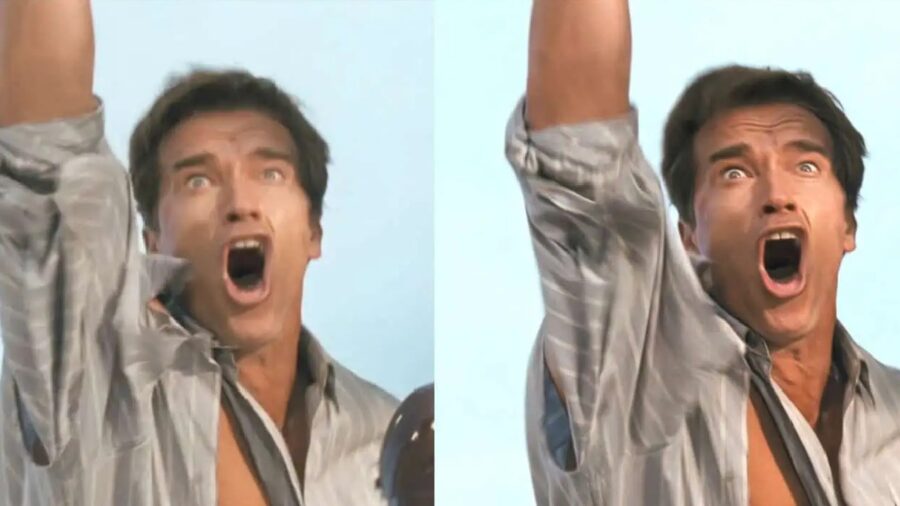
The 4K release of True Lies first became available on March 12. Since then, viewers have begun comparing and contrasting a number of scenes in the new release to the original DVD copies, revealing some instances of visuals that plunge the film into the uncanny valley. Geoff Burdick, who serves as the senior vice president of James Cameron’s Lightstorm Entertainment company, has publicly stated that the AI-enhanced movies look better now than they ever have before, though audiences at large tend to disagree.
A number of before-and-after screenshots from True Lies showcase these issues. While the new edition of the film looks fresh and remastered at a glance, the poorly crafted AI enhancements begin to shine through when the movie’s images are scrutinized. Some viewers have shared scenes where Arnold Schwarzenegger‘s face looks desaturated and uncomfortably smooth, with skin textures that come off as incredibly inhuman.
AI Upgrades Are Being Rejected By The Public
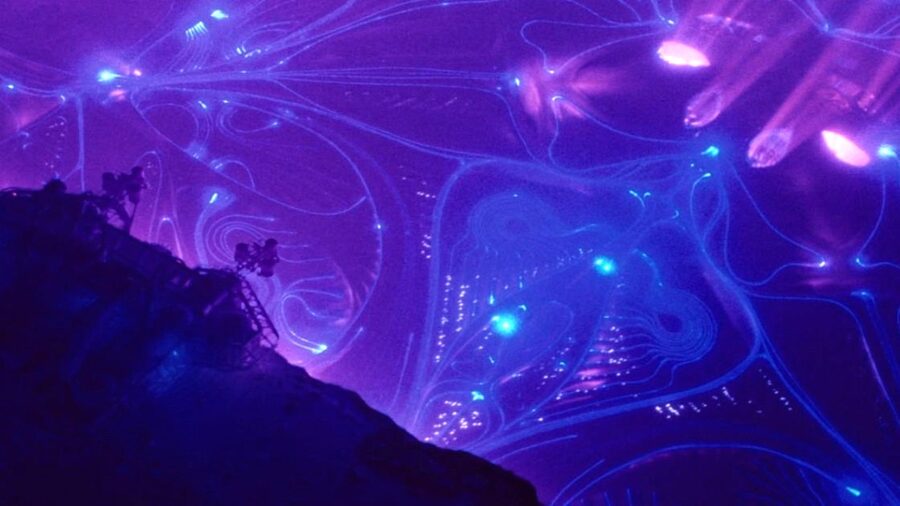
The use of AI in movies is only going to continue to grow in the coming years, no matter what the creative community does to curtail it. For now, it seems like the best we can do is guide the executives and the engineers behind AI programs toward using the tech in ways that will please audiences and not put real artists out of a job. The public has been rightfully incredibly harsh on AI in popular films, however, as services such as ChatGPT and the Dall-E Mini source existing works to stitch together approximations of text and images, essentially plagiarizing from humans along the way.
Filmmakers Keep GettingInto Trouble For Non-Disclosure
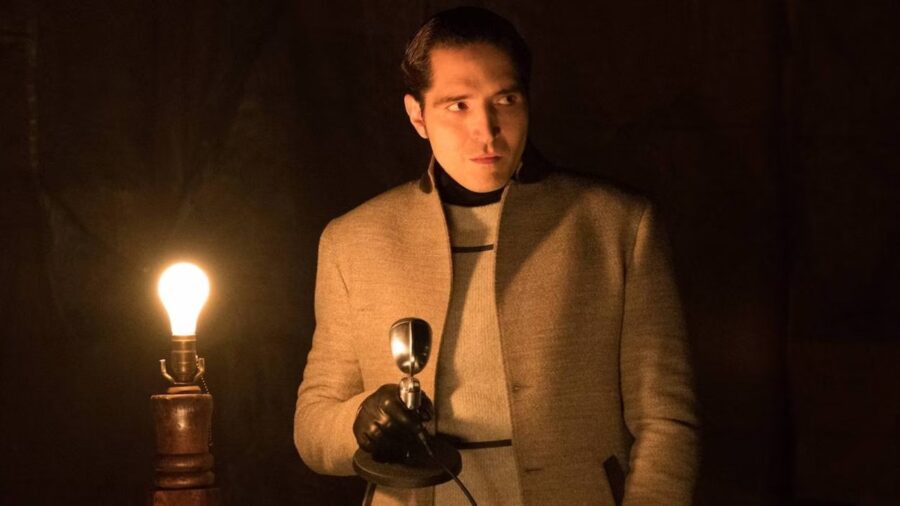
Projects such as Late Night With The Devil and Marvel’s Secret Invasion have incurred the wrath of viewers far and wide for using brief flashes of AI imagery, as developers behind OpenAI have been meeting with Hollywood executives to ramp up the use of the tech in a number of upcoming movies. Obviously, there are certain ways that AI can help to make filmmakers’ lives easier, though the technology just isn’t strong enough to replicate a real human face, as shown by the recent images.




